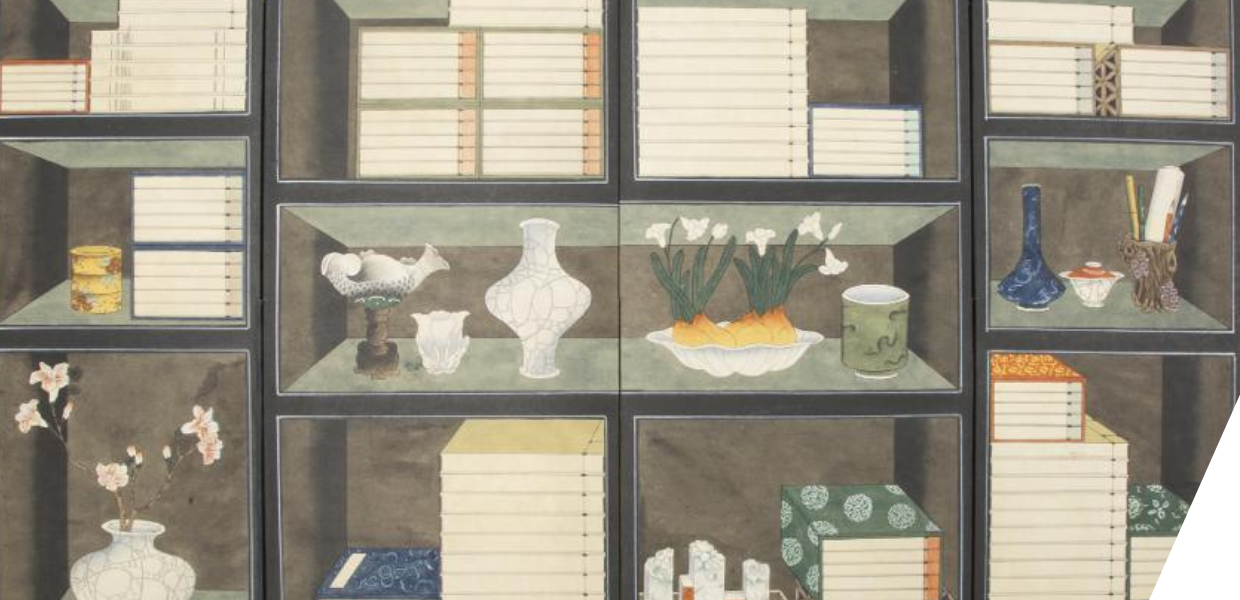How does OCLC work with partners to showcase content from libraries around the globe?
We partner with global content providers of traditionally published print and electronic media and open-content materials to create a more inclusive and rich experience for everyone. We work with the world’s leading content providers—such as Europeana—to get records for high-quality content into WorldCat® and OCLC’s library services. Today, we work with more than 400 partners, providing millions of fully or hybrid peer-reviewed open-access materials, including books, journals, research papers, open educational resources (OERs) and other materials.
Why did you want to bring content from Europeana to the platform?
OCLC shares Europeana’s goal to make open content resources visible and accessible for all, and there was clear demand for Europeana content from our users and the library community. Through partnerships like the one with Europeana, we’re working to make WorldCat a primary resource for the integrated discovery of open content and licensed materials.
Tell us more about WorldCat and how people can now use it to access Europeana content.
WorldCat is the world’s largest and most comprehensive database of information about library collections—with more than 500 million bibliographic records and more than three billion library holdings—making library collections findable and accessible to information seekers around the world. Users of WorldCat.org and other OCLC discovery services can search WorldCat to find and access millions of popular and unique items, including the newly added collections from Europeana. An open access filter allows people to search only resources that are openly licensed and immediately available for use.
The content you have integrated from Europeana is all open access. What does OCLC see as the value of openly licensed content?
Libraries are increasingly managing and relying on open content as part of their overall collection strategy. This is helping to alleviate strains on already tight budgets. And this is only a part of the story: in Europe, Australia, Canada and other regions of the world, open government and open science policies and mandates are driving openly licensed content. Open access to scientific outputs is becoming the norm in increasing numbers of countries. The digitisation of cultural heritage collections at scale, together with tackling the rights clearance issues that come with online publishing and reuse of the digitised materials, has also produced enormous amounts of open content. The inclusion of this open content in WorldCat increases discovery and access to these valuable materials and eliminates barriers for people looking for information.
This has been especially important since the pandemic, when researchers, teachers and students need immediate access to relevant and available online resources. The pandemic also exposed the high cost of licensed materials and so libraries had to prioritise free and/or open alternatives. It boosted the digitisation-on-demand of physical resources. Open content is here to stay, and OCLC is committed to supporting libraries in facilitating access to this content.
Adding more than 25 million openly licensed records from the Europeana website to WorldCat means expanding the reach and impact of these valuable resources to help promote knowledge sharing, learning and creativity.
What can you tell us about the process of integrating the content from Europeana?
Europeana staff partnered with our metadata experts to ensure the best possible access to Europeana resources through WorldCat Discovery. This will allow libraries and their users from around the globe to discover the rich, open content offered through Europeana.
We used the Europeana OAI-PMH API to harvest and download the Europeana metadata. We encountered no challenges using this API, and look forward to exploring other opportunities with the existing APIs offered by Europeana in the future.
Do you have plans to further develop your partnership with Europeana?
We are always looking to further expand our partnerships with content providers and for ways to help libraries automate the data workflow. We are definitely interested in discussing ways we can expand our partnership with Europeana to make even more knowledge and information discoverable and accessible by libraries worldwide.


